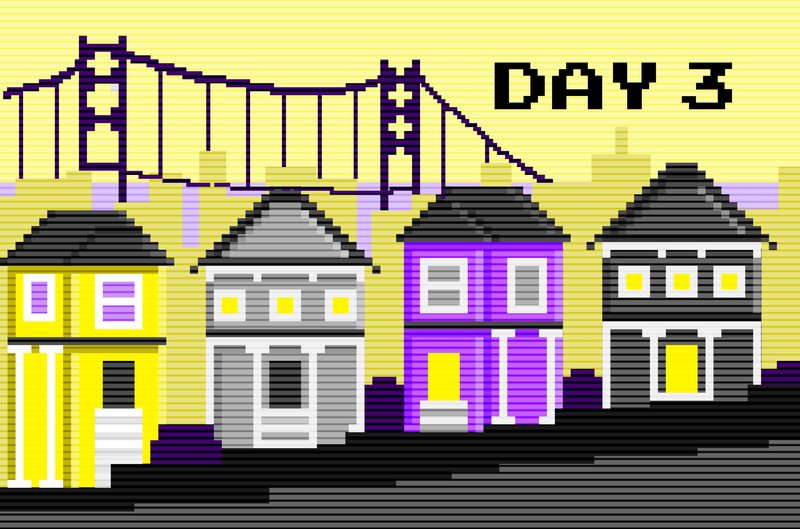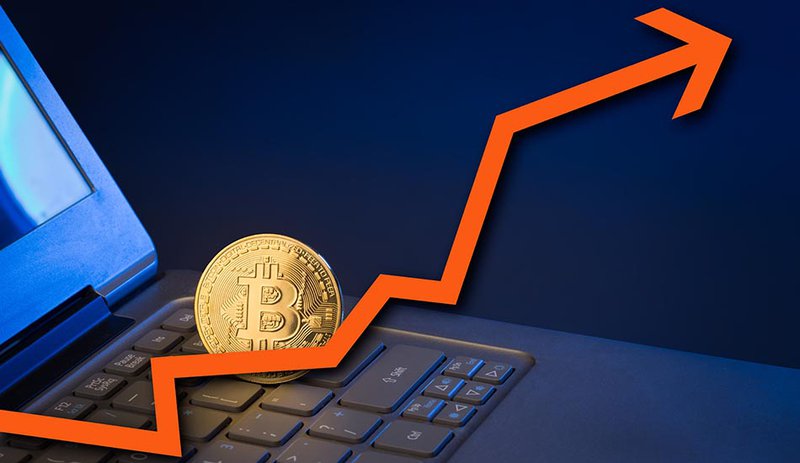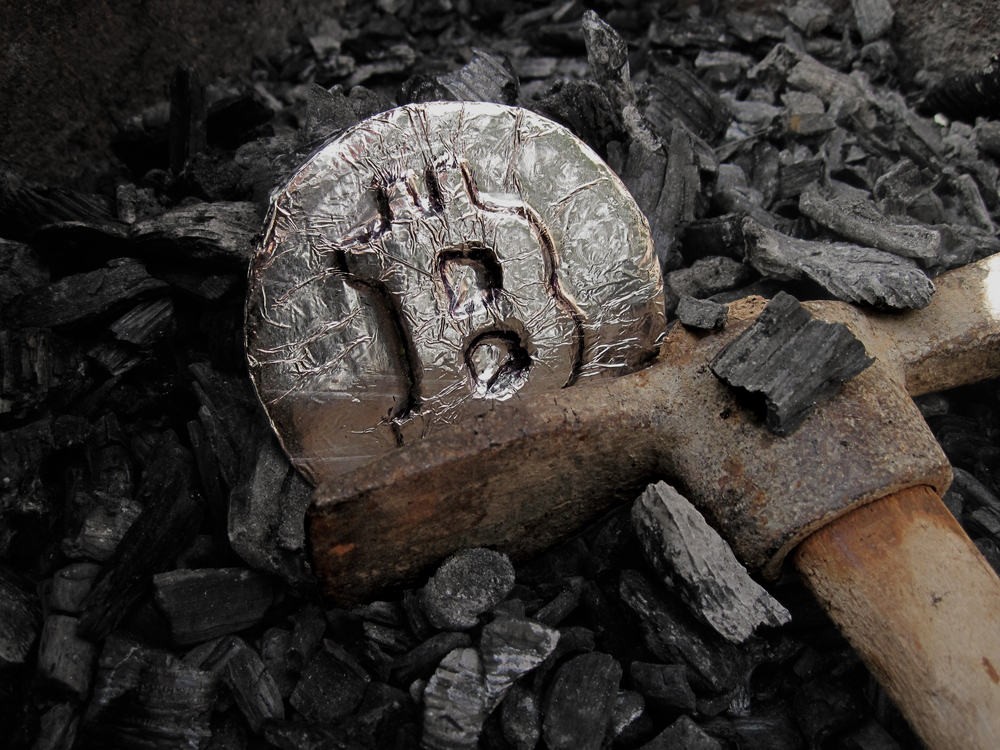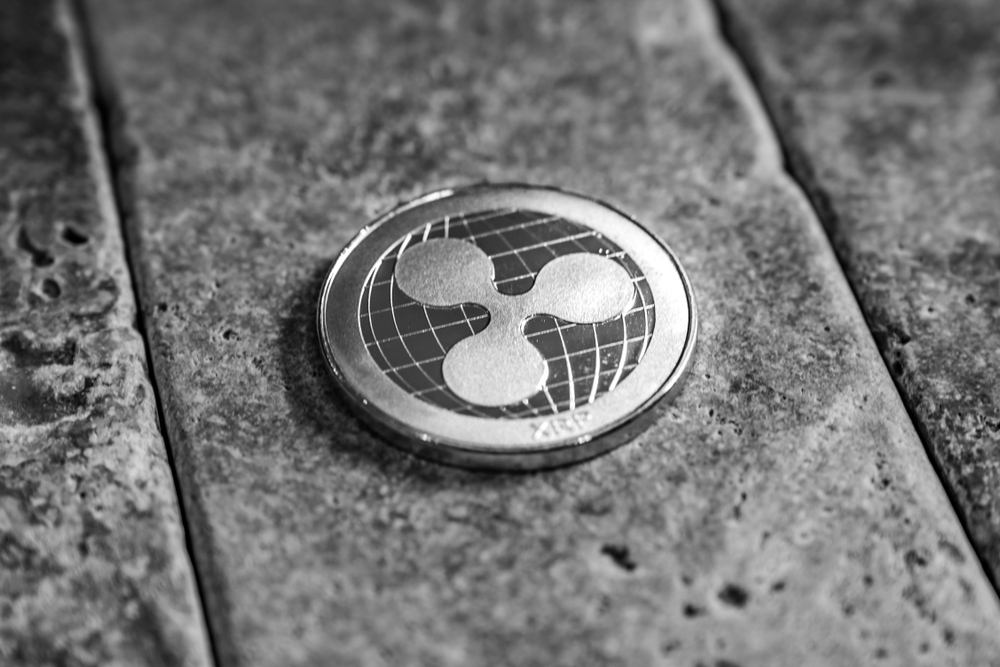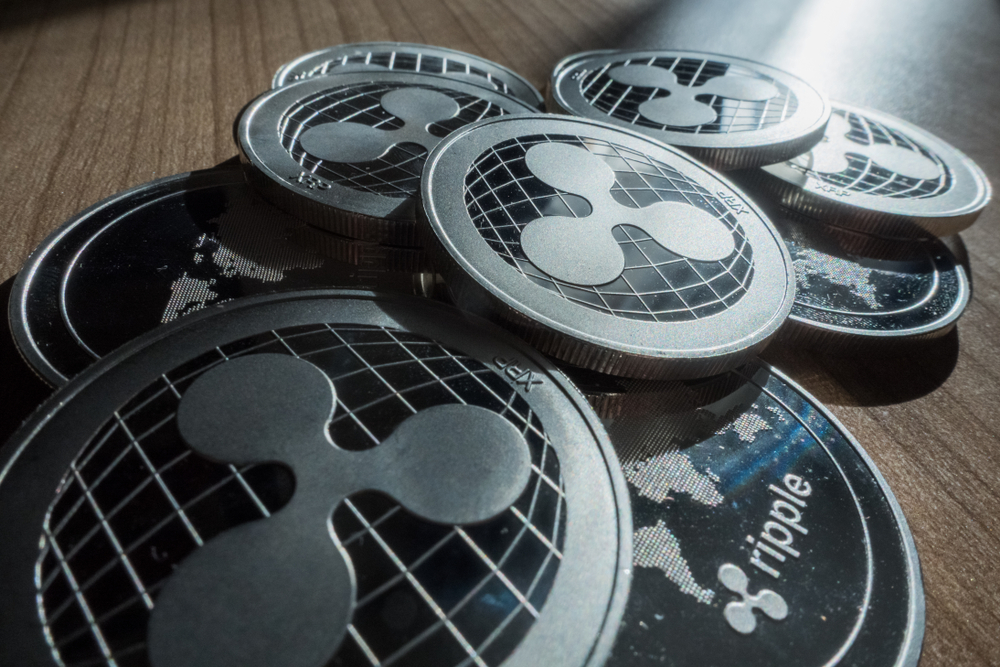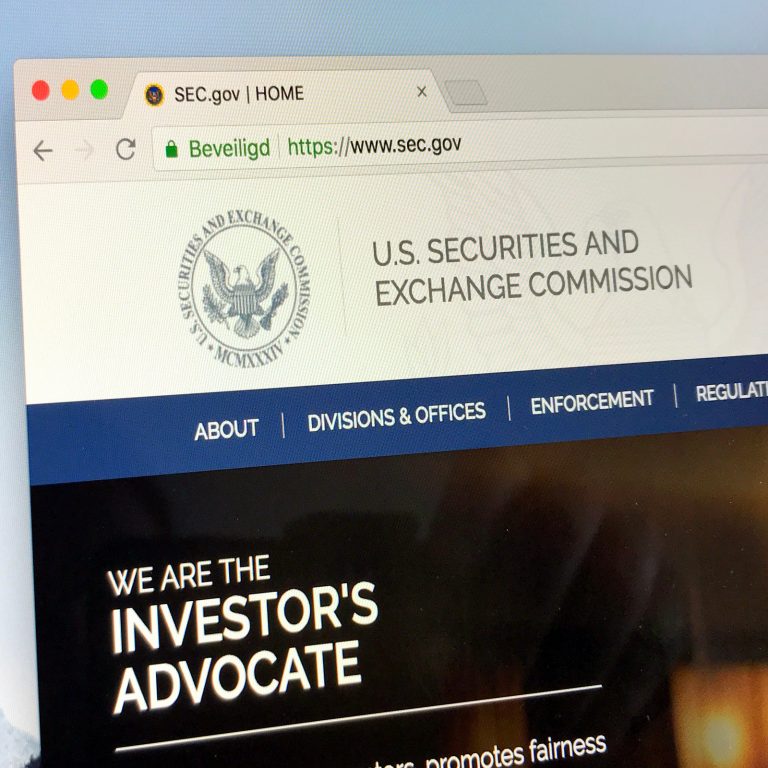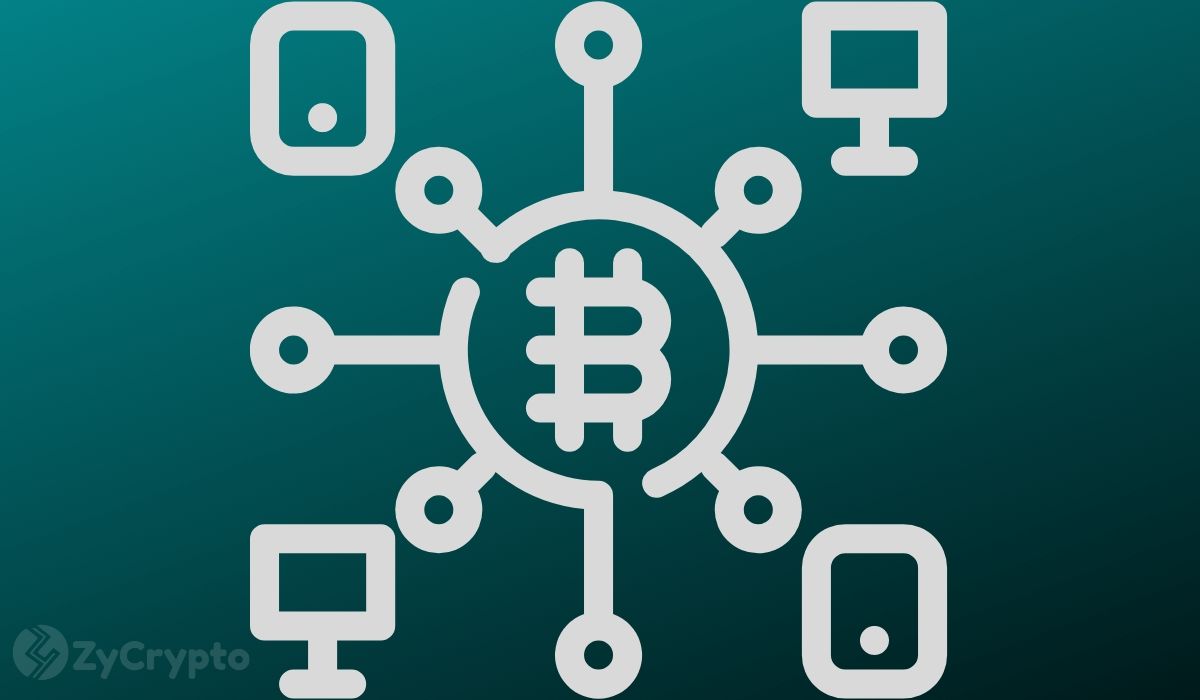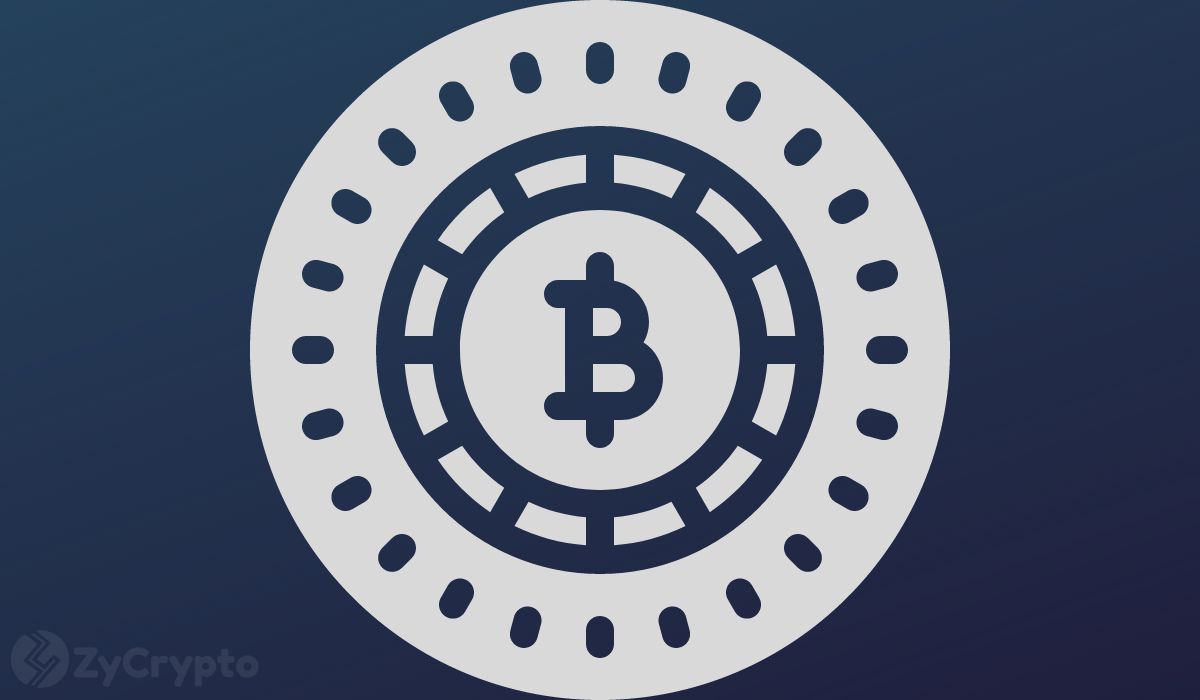2019-2-18 11:20 |
CoinSpeaker
Brock Pierce Set to Make Mt. Gox Great Again, and Here’s How
Weeks after announcing Gox Rising, his ambitious effort to unite the long-defunct exchange’s creditors, submit a civil rehabilitation plan and relaunch the Mt Gox exchange itself, Pierce, a prominent crypto-entrepreneur, is walking back just how concrete these plans are.
Gox Rising was launched as an alternative to Mt Gox bankruptcy trustee Nobuaki Kobayashi’s civil rehabilitation effort. Billed as a way to ensure creditors receive as much of their money as possible, the organization has published a proposed plan on its website, alongside a list of goals.
Two points, in particular, stand out: under the Gox Rising plan, no further Bitcoins from Mt Gox’s estate would be sold, and “equity holders will make no claim on any of the cash held by the trustee,” according to the proposal .
Pierce, who has gained mixed reactions to his ‘Gox Rising’ scheme, said community action was key to ensuring the defunct exchange did not become a cryptocurrency “Lehman Brothers.”
He said:
“Do we want it to end like Lehman Brothers, like the old financial system? Or would we like this story to end differently? Would we like this story to end in a way that demonstrates the power of the open source community and blockchain and Bitcoin?”
The ongoing Japanese legal process seeks to determine how the exchange’s current assets (~$1.2 billion) will be distributed to the creditors, who are endeavoring for a Civil Rehabilitation Plan with the courts.
Mt. Gox’s hack and subsequent fallout are seared into the memory of the Bitcoin community. However, five years later, creditors still have not been reimbursed for their losses, the case remains stuck in the hands of bankruptcy courts, and new caveats in the convoluted narrative continue to emerge.
On top of that, CoinLab, a US-based company has recently revised its original $70 million breach of contract lawsuit of Mt. Gox to $16 billion, so that creditors may receive nothing if the CoinLab lawsuit wins.
Just for reminder, Mt. Gox was a Bitcoin exchange based in Shibuya, Tokyo, Japan. Launched in July 2010, by 2013 and into 2014 it was handling over 70% of all Bitcoin transactions worldwide, as the largest Bitcoin intermediary and the world’s leading Bitcoin exchange.
In February 2014, Mt. Gox suspended trading, closed its website and exchange service, and filed for bankruptcy protection from creditors. In April 2014, the company began liquidation proceedings. Mt. Gox announced that approximately 850,000 Bitcoins belonging to customers and the company were missing and likely stolen, an amount valued at more than $450 million at the time.
Although 200,000 Bitcoins have since been “found”, the reason(s) for the disappearance—theft, fraud, mismanagement, or a combination of these—were initially unclear.
Most or All of the Missing Bitcoins were StolenNew evidence presented in April 2015 by Tokyo security company WizSec led them to conclude that “most or all of the missing Bitcoins were stolen straight out of the Mt. Gox hot wallet over time, beginning in late 2011.
By May 2016, creditors of Mt. Gox had claimed they lost $2.4 trillion when Mt. Gox went bankrupt, which they asked be paid to them.The Japanese trustee overseeing the bankruptcy said that only $91 million in assets had been tracked down to distribute to claimants, despite Mt. Gox having asserted in the weeks before it went bankrupt that it had more than $500 million in assets. The trustee’s interim legal and accounting costs through that date, to be paid ultimately by creditors, were $5.5 million.
And also don’t forget that at the beginning of this month we wrote of how it had been five years since the hack of once most popular Bitcoin exchange Mt. Gox which lost 850,000 Bitcoins tokens overnight. However, the exchange has kept the Bitcoin community engaged and interested with several mysteries attached to it. Mt. Gox CEO Mark Karpeles is facing serious allegations of siphoning millions of dollars worth investors’ funds. There is also a possibility that Karpeles could face a 10-year jail term on charges of embezzlement, data manipulation, and breach of trust.
Despite all this, venture capitalist Brock Pierce has arrived with a recovery plan to help the victims of the Mt. Gox hack. Pierce is popular in the crypto-investment space and has backed billion-dollar projects like EOS and Tether, in the past.
Brock Pierce Set to Make Mt. Gox Great Again, and Here’s How
origin »Bitcoin price in Telegram @btc_price_every_hour
Setcoin (SET) íà Currencies.ru
|
|





